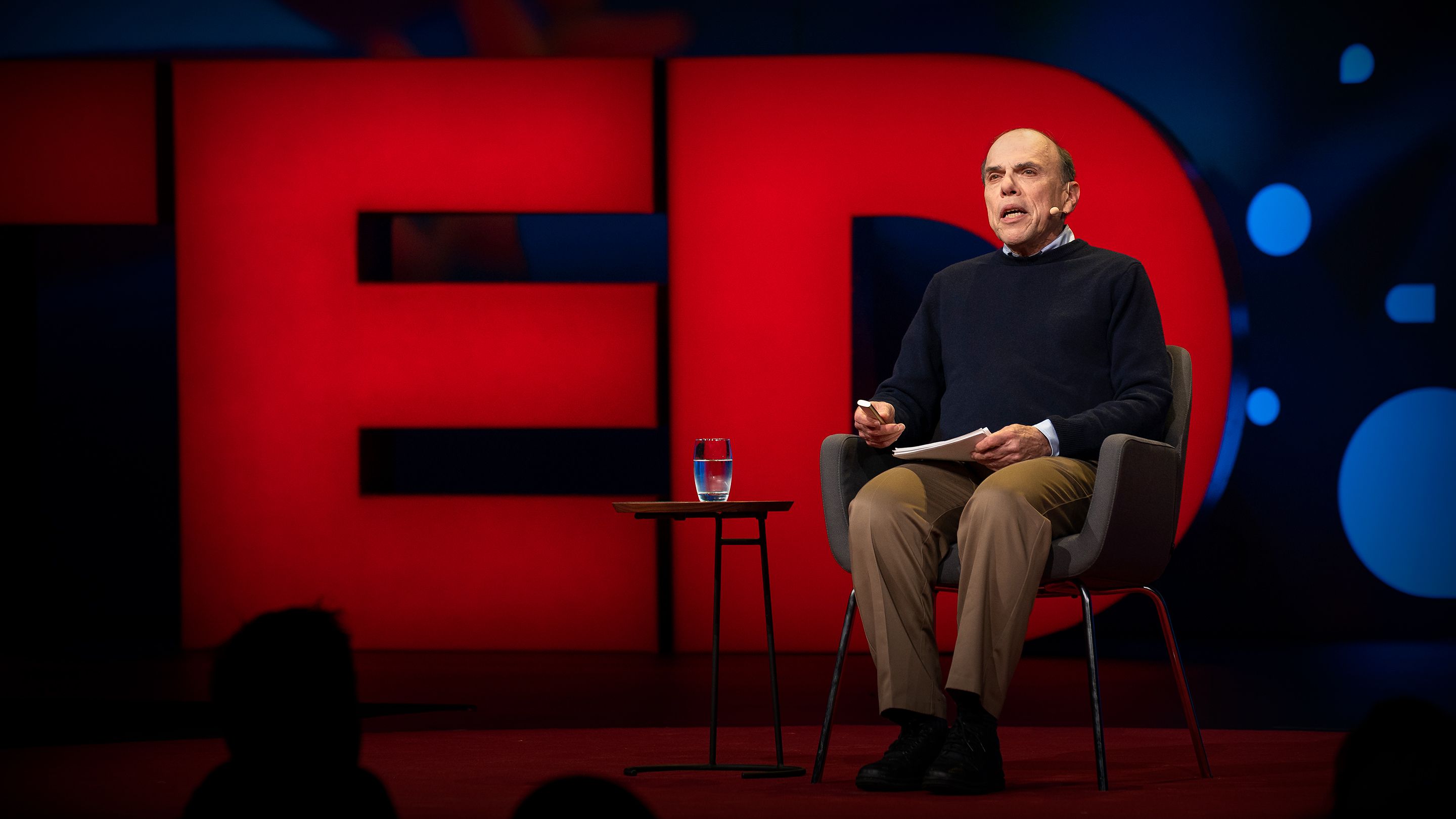The paradox of efficiency
2,177,230 views |
Edward Tenner |
TED2019
• April 2019
Is our obsession with efficiency actually making us less efficient? In this revelatory talk, writer and historian Edward Tenner discusses the promises and dangers of our drive to get things done as quickly as possible -- and suggests seven ways we can use "inspired inefficiency" to be more productive.
